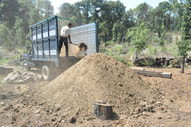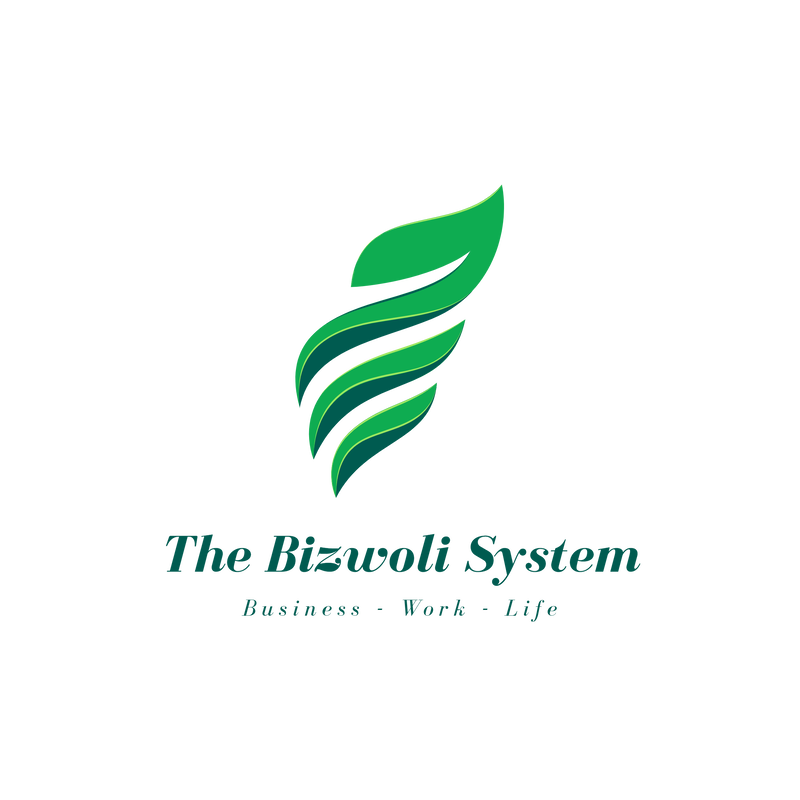 Work, for many is drudgery and has little meaning. They go to work with a heavy heart because they receive little satisfaction from it, However, there is one exception - they get paid. Perhaps you have heard these statements: "I work here because the money is good." "I put in my time so the company owes me." "I work from paycheque to paycheque." "I don’t like what I do but the pay is good." Money becomes the end, not the means to the end. There doesn't appears to be a higher purpose. Work becomes hard for them, not in a physical sense, but in an emotional sense. It becomes an emotional energy drain and plays havoc on one's mind, body and spirit. It becomes sheer drudgery. It needn't be like this. Not that work isn't difficult or emotionally draining. Work still can be that way. It can be physically draining. Lifting heavy objects day in and day out is physically draining; helping people solve their problems on a daily basis is emotionally draining. So how do we move the dial so that work has meaning and personal purpose? So that work goes beyond drudgery? Two intertwined dynamics are required. One is organizational leadership and the other is personal fit. Organizational leadership clarifies vision, mission and values; personal fit brings a meshing of personal purpose and values with the organization. Let's take an example. A former associate of mine once worked with a fertilizer company. The fertilizer was of the smelly manure kind, not the clean-cut potash kind. Employees were not enamoured with their work, in fact they expressed a heartfelt dislike for it. My colleague brought the company through a re-visioning process. He engaged the leadership team in developing a meaningful vision for the company and in turn engaged everyone in finding deeper meaning in their work - other than shovelling "sh*t" day in and day out. The leadership team and employees came to realize that what they were about was important for the growth of food. They were providing fertilizer "to feed the hungry." They discovered "why" they were in the fertilizer business – to feed the hungry. This awakening from what was apparently drudgery to a renewed purpose initiated greater opportunities. New values began to emerge that called upon personal and corporate compassion and outreach which were expressed in behaviour and action: employees began volunteering to the local food bank, the company promoted and employees became engaged in developing community gardens (using their fertilizer, of course) and contributing to improved farming practices within developing countries. Everyone within the organization found a renewed sense of purpose. It did not take away the "smell" and the shovelling of manure but it gave a new meaning to "why" they were doing it. The process required leadership, personal fit and commitment. Leadership spurred the visioning process, personal fit meshed personal values with company values and commitment drove behavioural change. This example summarizes the issue and results pertaining to part of the process. It doesn't give the full picture. Certainly, a shift in thinking (a renewed vision and values) initiates the behavioural change, but the transformation doesn't occur over night. The process takes time, energy, resilience and perseverance. Leaders require patience as cultural change occurs over time and not in an instant flash. They need to continually talk and walk the vision, mission and values and become role models for others. As one CEO said, it is often a two-step dance - "two steps forward and one step back, resilience is the name of the game." It's a nudge to the future, not a giant step. The process also requires ownership, responsibility and accountability among employees. A sense of ownership for their actions and a shift in thinking towards possibilities. Ownership for the fit they have with their work - that their work is more than a paycheque; that they need to go deep within themselves to find their sense of purpose and connect it with the vision and values of the organization; and, if the fit isn't there, to seek employment elsewhere. Work doesn’t become "drudgery" when you enjoy what you do and it fits with your sense of purpose and values. For many in that fertilizer plant, knowing that what they did – shoveling manure - helped feed the hungry, gave them a renewed sense of purpose. From this beginning, they went on to do greater things for themselves and their community through compassionate outreach. Is your work, "drudgery"? Or do you find higher meaning in what you do? If not, what can you do about it? If you are in a leadership position, what can you do to open new horizons and help your colleagues find new meaning in what they do?
0 Comments
|
Categories
All
Archives
January 2024
|
Photo from TheBosque


 RSS Feed
RSS Feed
